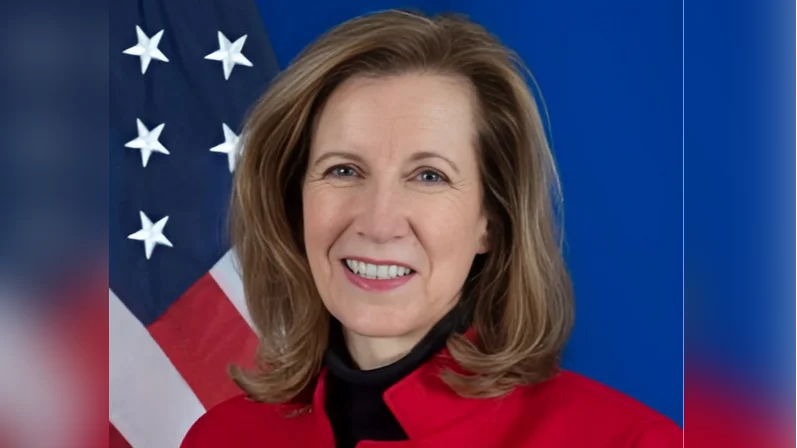Mr. President, the United States requested a vote on the resolution “Global Health and Foreign Policy: Rethinking Health Promotion as a Transformative Path Towards Improved and More” due to conflicting provisions with U.S. policies.
The efforts by Thailand and other co-facilitators to integrate health promotion into foreign policy for better global health are valued. However, the U.S. views the resolution as overly broad, involving areas like intellectual property, financing, and climate change that lie outside its intended scope.
The U.S. stresses that UN agencies must respect the mandates of other processes and institutions. “The UN is not the appropriate venue for discussions about the TRIPS Agreement,” a U.S. representative stated. The United States emphasizes that the flexibilities of the TRIPS Agreement should be at the discretion of WTO Members, and the UN should not influence WTO actions. The statement criticizes the UN’s potential influence on issues within the WTO's independent mandate.
Technology transfer discussions “must include the modifier ‘voluntary’ and ‘on mutually agreed terms,’” according to the United States. It is crucial that sharing of proprietary information or technology be voluntary and consensual. The policy highlights regulatory environments that support innovation.
Regarding global health financing, the United States opposes calls for additional funding or new financing mechanisms, advocating instead for domestic resource mobilization.
Climate change references in the resolution are seen as distracting. The United States urges a focus on specific environmental threats like clean air, water access, wildfires, and floods. “Members should concentrate on improving resilience, disaster planning, and accessible, reliable energy.”
Feedback on gender references highlighted the resolve to use clear language acknowledging biological realities. The document must address “women and girls” without references misaligned with U.S. policies and priorities. The country reiterates no international human right to abortion exists.
“Health equity,” another contentious term, lacks a consensus definition, leading to U.S. objections to its inclusion.
Broader references to non-binding documents were noted as lacking value. The United States reaffirms that it will not support the 2030 Agenda for Sustainable Development or Sustainable Development Goals, viewing them as imposing inappropriate global governance and undermining state sovereignty.
Lastly, the proposal for a WHO-moderated pandemic treaty is rejected. It is noted that WHO’s inability to address the pandemic's origins disqualifies it as a suitable body to lead such an agreement.

